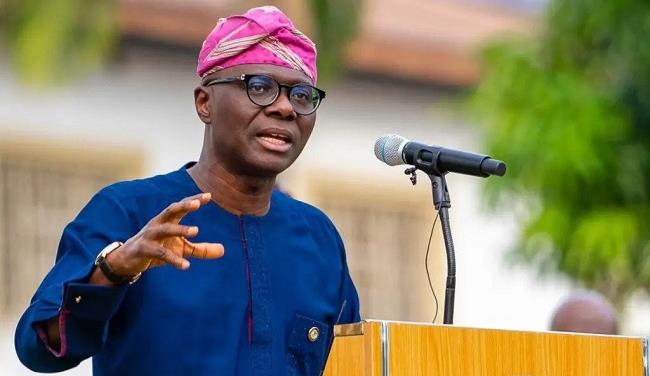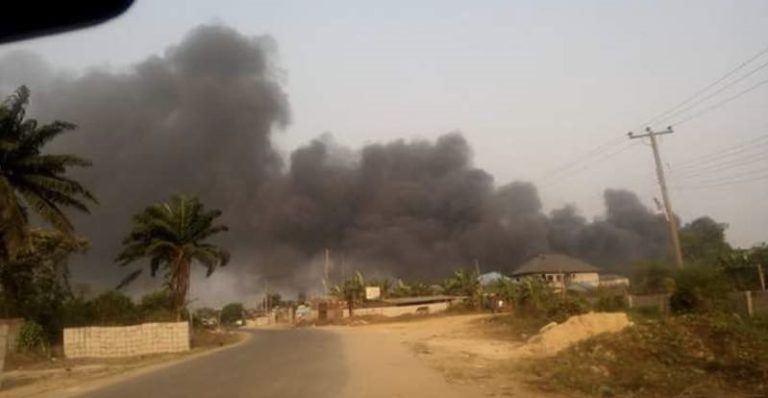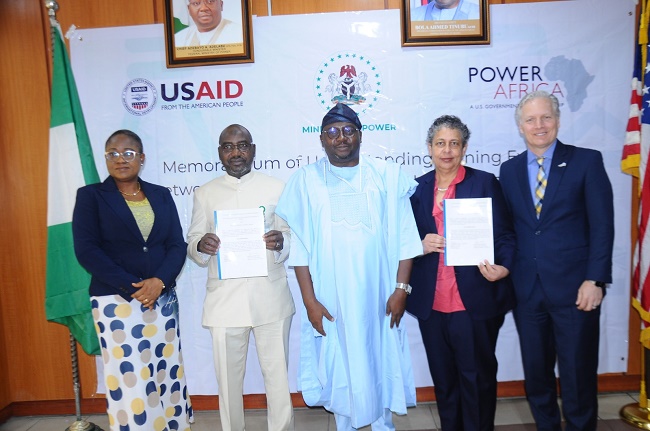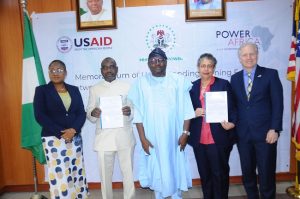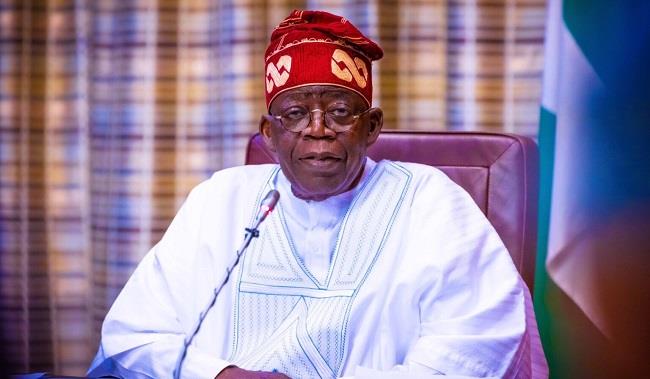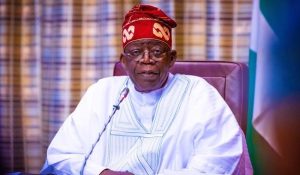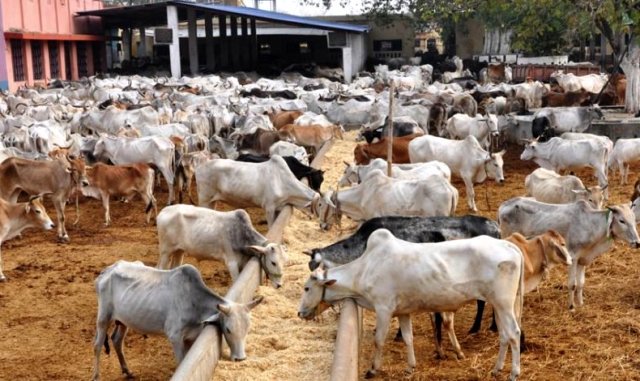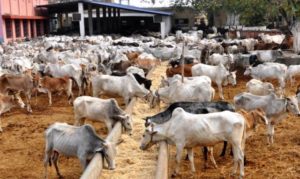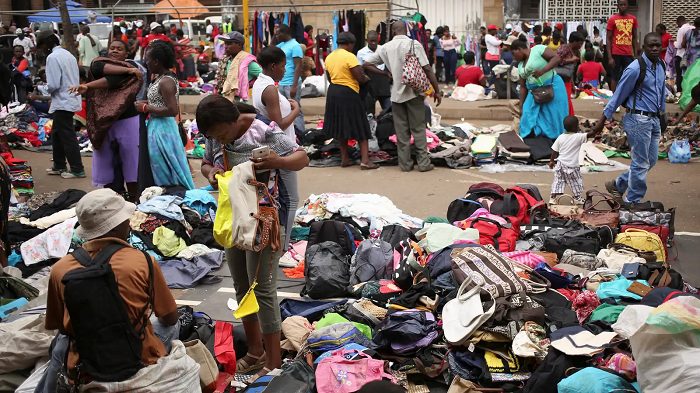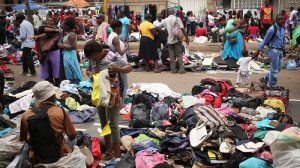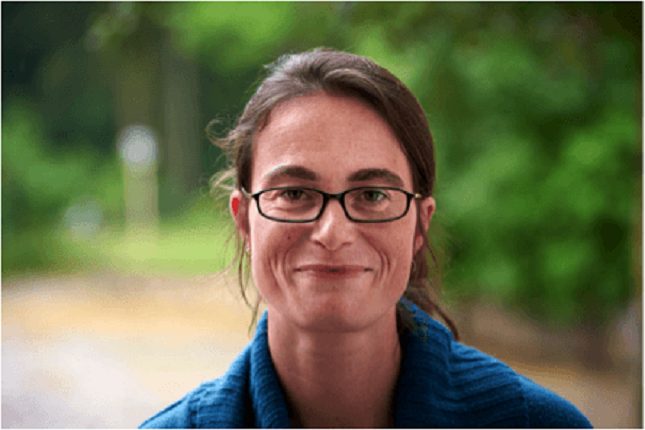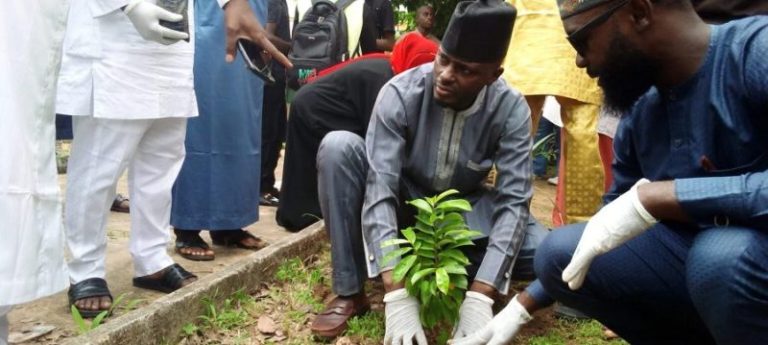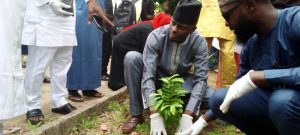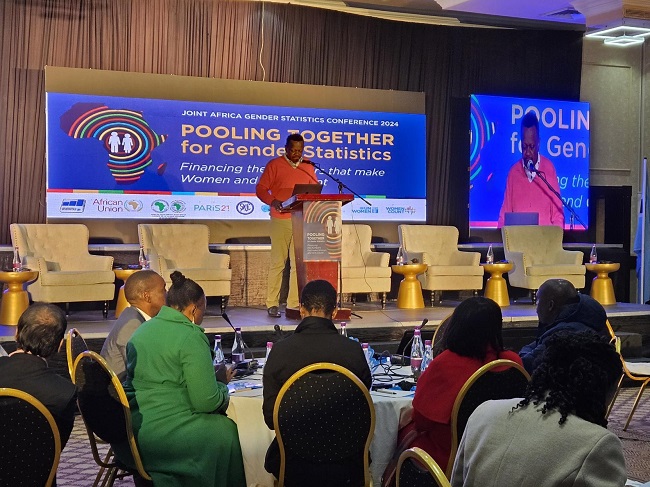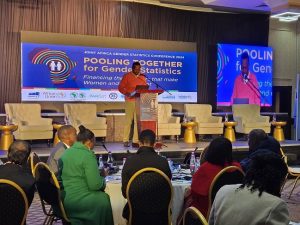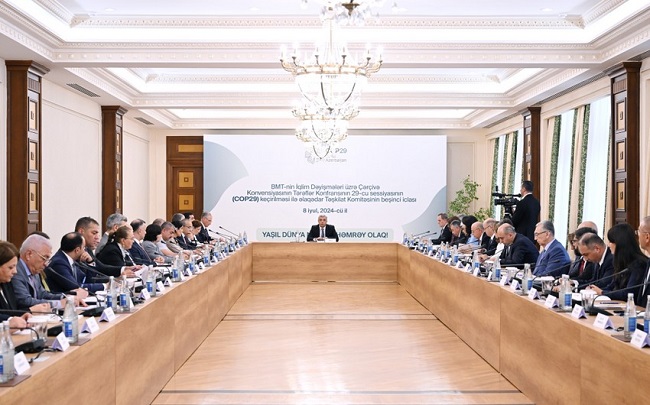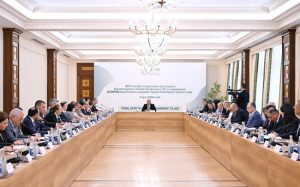Gov. Babajide Sanwo-Olu of Lagos State says his administration is committed to intensifying sustainable water sector reforms solution for residents.
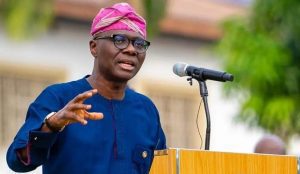
Sanwo-Olu made the commitment on Wednesday, July 10, 2024, at the official inauguration and signing of a Memorandum of Understanding (MoU) of the Lagos Water Partnership with Resilient Water Accelerator in Lagos.
The governor was represented at the event by Mrs Bimbola Salu-Hundeyin, the Secretary to the State Government.
Sanwo-Olu said that Lagos can provide maximum value and opportunities through its water resources.
The governor noted that, across the globe, the water resources sector is facing challenges amplified by the impact of climate change.
He said that, in spite of the challenges, Lagos is committed to achieving a water safe city that guarantees access to clean water for all residents.
“Our efforts include revamping water delivery facilities, clearing of blockades from Wetlands and canals to mitigate flood risk.
“We are enhancing the resilience of our coastal communities against climate impacts,” Sanwo-Olu said.
According to him, the state needs substantial investment to achieve the set goals.
He added that the private sector plays a crucial role in complementing the public sector efforts in achieving a robust water solution for Lagos residents.
Sanwo-Olu explained that the creation of the Lagos Water Partnership is timely.
He noted that the platform would spearhead the development and execution of an investment vision for water security in Lagos.
He added that the platform would unit key public and private stakeholders to plan, reflect and stimulate progress.
According to him, partnership is tasked with building an evidence based, developing targeted capacity and establishing systems to attract large – scale investments.
He said the partnership would serve as a consultative platform linking private sector actors with government and policy makers, amongst others.
Earlier in his remarks, the Commissioner for the Environment and Water Resources, Mr Tokunbo Wahab, said the sector remained a focus of the Lagos State Government’s investment and development efforts.
Tokunbo said that Lagos exemplifies the strategic approach.
He noted that city authorities globally often face resource constraints in addressing urban needs, making partnerships, collaborations, and alliances for drawing resources and providing vital city services.
He added that the aforementioned forward-thinking initiative, attracted the Resilient Water Accelerator, which is now collaborating with the Ministry to form the Lagos Water Partnership.
He stressed that the Lagos Water Partnership aligns perfectly with the Lagos government’s vision of leveraging partnerships to improve the environmental and water resources management.
Wahab emphasised that the Lagos Water Partnership aims to create and implement a robust investment environment sector.
“This can be achieved by channeling private investment to complement public resources and uniting key stakeholders from both sectors,” he said.
He noted that the ministry would continue to create an enabling environment to attract partners and build strategic alliances.
By Fabian Ekeruche

